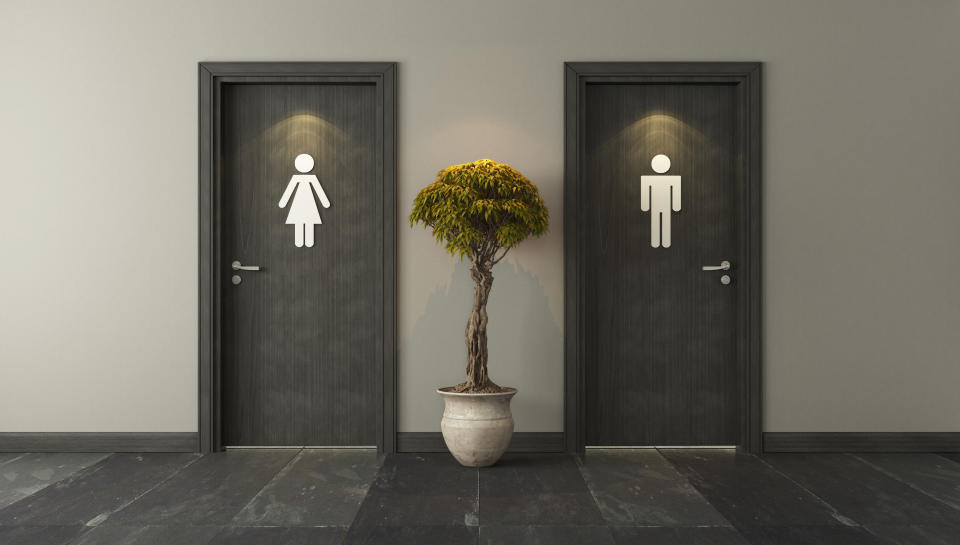Can employers limit staff toilet breaks?

Most of us don’t think twice about going to the toilet at work — after all, when you’ve got to go, you’ve got to go. And it may not be hygienic, but taking a brief bathroom break also gives us a chance to reply to WhatsApp messages, scroll through Instagram and escape our desks for a few minutes, before returning to our computers.
The majority of people — excuse the pun — don’t take the p**s when it comes to toilet breaks at work. Some people have to go more frequently than others, sometimes because of health issues. Despite this, some employers are limiting the number of times employees can visit the bathroom.
In 2014, the Chicago-based firm WaterSaver installed swipe card systems on toilets situated near the factory floor, after it claimed some employees were spending too much time there. The company's human resources department described "excessive use” of the bathrooms as being “60 minutes or more over the last 10 working days” — which amounts to six minutes a day.
READ MORE: How 'attention residue' affects the way we work
In 2016, Transport for London workers walked out over claims their toilet breaks were being timed. A spokesperson for the RMT union, which ordered the strike, said: “The dispute is over heavy handed and aggressive management, including putting staff toilet breaks on a stopwatch and flagrant disregard for agreed policies and procedures.”
Some companies have tried to solve the problem of toilet breaks and productivity in other ways. Last year, the firm StandardToilet designed a tilted loo with a seat that slopes downwards at an angle. The aim of the toilet is to stop people from sitting too long on it. After around five minutes, the angle puts a strain on users’ legs — making it too uncomfortable to spend any more time sitting on it.
“In modern times, the workplace toilet has become a private texting and social media usage space,” the company said in a press release. By reducing the amount of time people spend on the toilet, StandardToilet claimed, it would save employers money and boost workplace productivity.
But does limiting access to the toilet actually lead to more work being done — and can you really be disciplined for spending too long in the bathroom? Daniel Parker, solicitor in the employment team at the legal firm Winckworth Sherwood, says it’s more likely to do harm than good.
“Restricting access to toilet breaks at work is difficult both legally and in terms of maintaining good employee relations,” he says. “Providing access to bathroom facilities is a basic but nevertheless important part of employers’ health and safety duties, and any individual’s ability to go to the toilet as and when they need to is key to their dignity.
“Temporary limits on bathroom usage might be needed in the exceptional circumstances of returning to work from the pandemic, but generally they should be considered with caution.”
Firstly, some employees may have health reasons which mean they need to visit the toilet more often, such as diabetes or bowel issues. Women, in particular, need unlimited access to bathrooms.
READ MORE: Should we be taking microbreaks to get us through the day?
Last year, a report by the Royal Society for Public Health found more than half (56%) of people practise “deliberate dehydration”, where they do not drink enough water out of fear they will be unable to find a toilet. This can have serious consequences, including dizziness, constipation and headaches.
But if people really are spending too long in the toilet at work, what should employers do?
“Where an individual employee has a consistent pattern of taking particularly excessive number of bathroom breaks, employers’ first instinct should be to act with sensitivity and understand the reasons why, rather than imposing restrictions on their autonomy,” Parker says.
“It may be necessary to obtain advice from occupational health or another medical adviser. Only once there is a full understanding should any limits be implemented; otherwise, there is a real risk that they will be seen as a discriminatory response to an employee’s underlying disability and will therefore be unlawful under the Equality Act 2010.”

 Yahoo Finance
Yahoo Finance 
